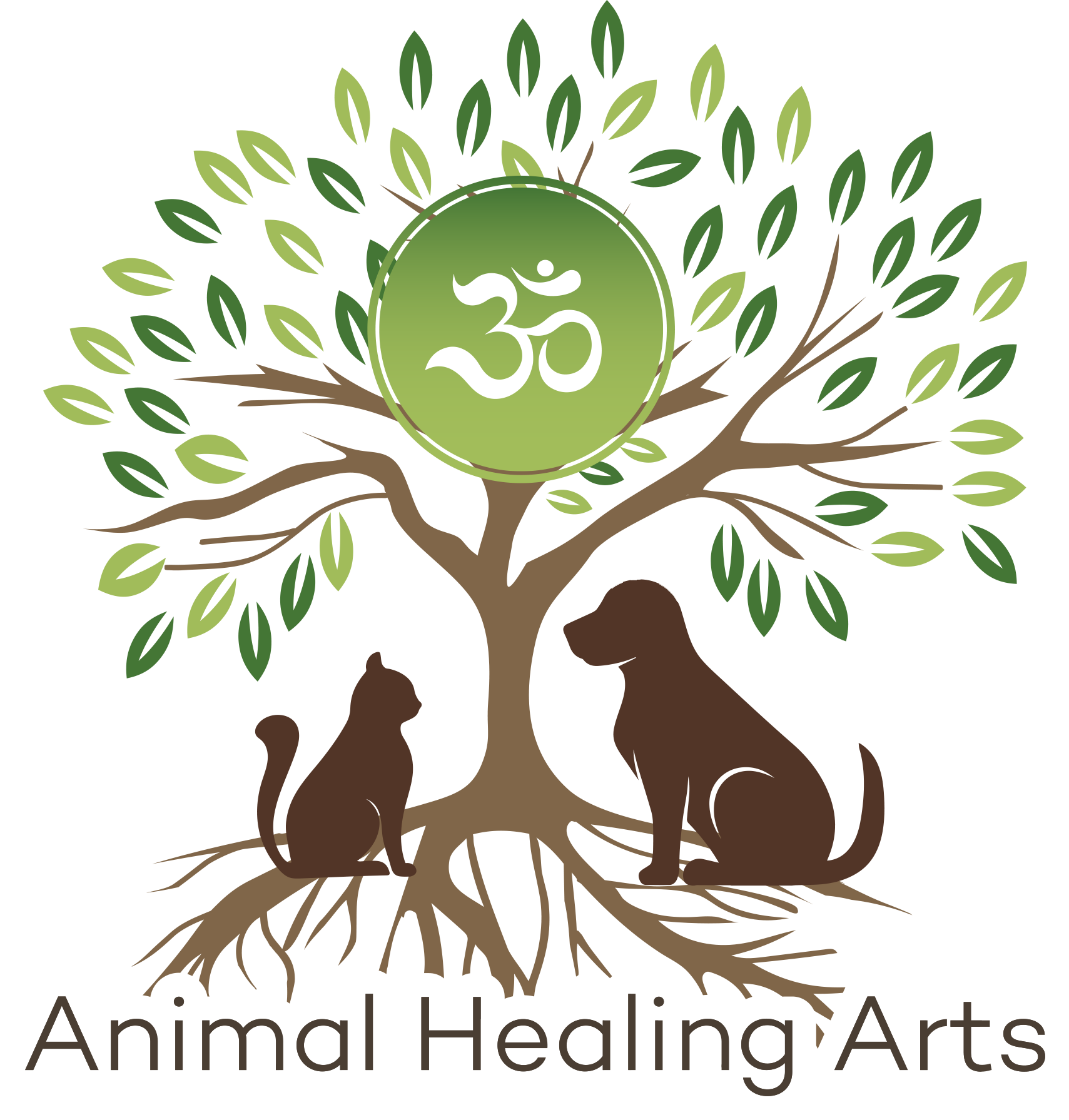Vitamin D is an important nutrient which actually acts more like a hormone and plays an essential role in the proper function of many body systems. It is well known for its role in calcium regulation and a deficiency of vitamin D causes nutritional rickets, which weakens the bones. In addition, vitamin D can help modulate the immune system, prevent cancer, and support brain, gut, and heart health. It is an essential nutrient for virtually all the cells in the body. Because vitamin D is fat-soluble, it can accumulate in the body and cause toxicity.
The best method of providing nutrition to your pet is in the form that nature intended – fresh, whole foods. If you read the label on many commercial pet foods, you will find that most ingredients are essentially extracts or processed forms of whole food ingredients. This includes items such as corn gluten meal, soy lecithin, chicken by-product meal, soy protein isolate, L-Ascorbyl-2-Polyphosphate(do you even know what this is?), pork liver flavor, and many others.
The more the ingredients are processed, extracted, isolated, or manufactured, the more the nutritional benefit is altered, destroyed, and some ingredients even become toxic.
Compare this to ingredients such as beef, chicken, beef heart, beef liver, chicken gizzards, broccoli, or kale. When reading this list, you know exactly what the ingredients are. In the first list, one has to wonder what exactly is going into the pet food product. This is also a great way to hide ingredients that you would not want to see on the label.
Furthermore, there are no stand-alone nutrients, all are meant to be consumed in conjunction with other synergistic nutrients that not only allow the body to use them more efficiently but can prevent toxicity due to inherent systems of checks and balances.
The way that food manufacturers make up for the over-processed nutrient-void ingredients is to add vitamins and minerals back in right before packaging when all the processing is finished. The vitamin/mineral supplement is literally sprayed on the food, along with flavoring to get your pet to eat it. What can go wrong here? Enter the latest recalls for Vitamin D toxicosis.
Synthetic vitamins supply the body with foreign chemicals that can have a variety of adverse effects due to the fact that they are not natural, and the body may not be able to assimilate them effectively. Vitamins and minerals fed in a whole food form, such as vitamin D found in well-sourced animal fat are present in a form that the body can easily absorb and assimilate. Very importantly, in the whole food form, nutrients are consumed along with others that act synergistically and facilitate proper use in the body. There are built-in checks and balances that can prevent overloading with any one nutrient when whole foods are fed. When the body is properly nourished, and these processes are working correctly, vitamin toxicosis is extremely rare. Deficiencies can occur if the diet is not properly balanced, so it important to consult with a professional who is knowledgeable in blending whole-food diets.
The best way to feed your pet is to use the ingredients that nature intended, and in the case of dogs and cats, fresh meat, bone, and organs. The best source of whole-food vitamin D is well-sourced animal fat. This means the fat from animals that are raised outdoors in natural conditions, eating a diet that is appropriate for the species. One of the best sources of natural vitamin D is pork lard, which also contains vitamin A and K2, both of which work synergistically with vitamin D. Also important to note is that many synthetic vitamin D supplements use vitamin D2, which is an inactive form that needs to be converted to vitamin D3. The animal products mentioned above contain vitamin D as D3, ready for use by the body.
Vitamin D is an essential nutrient, and knowing your pet’s level is important information. Deficiencies of vitamin D can also occur if the diet is not properly balanced. Measuring Vitamin D requires a simple, inexpensive blood test. I highly recommend that you screen for this important nutrient to be sure that your pet is at the correct level.


